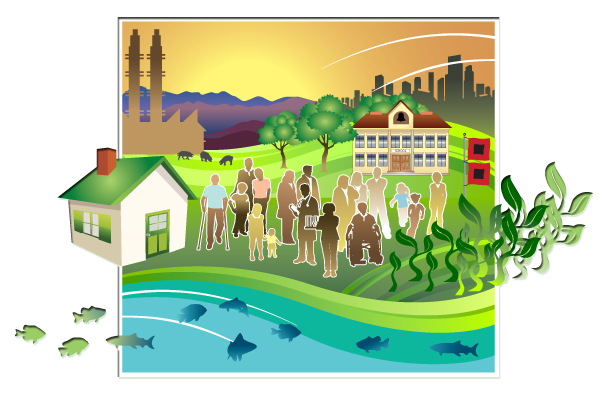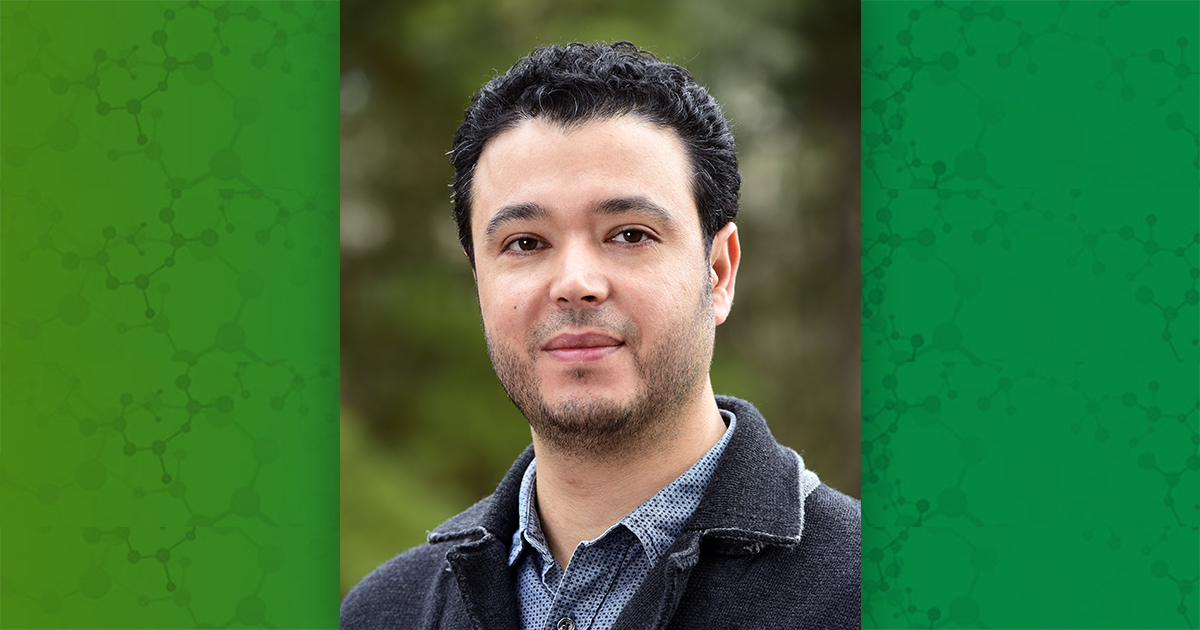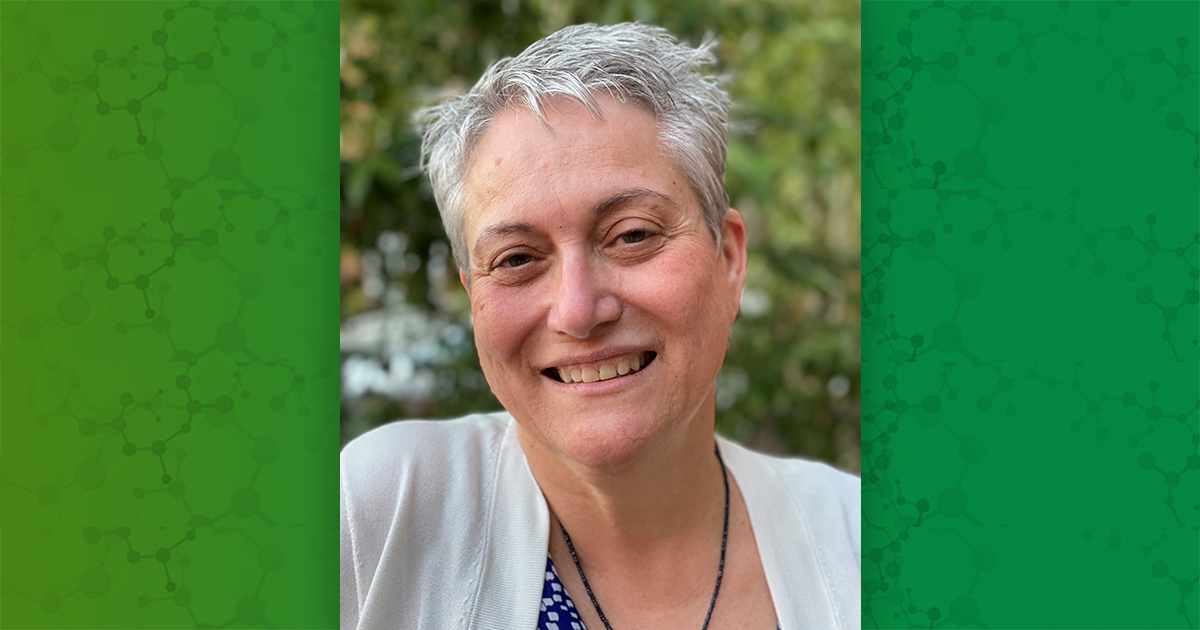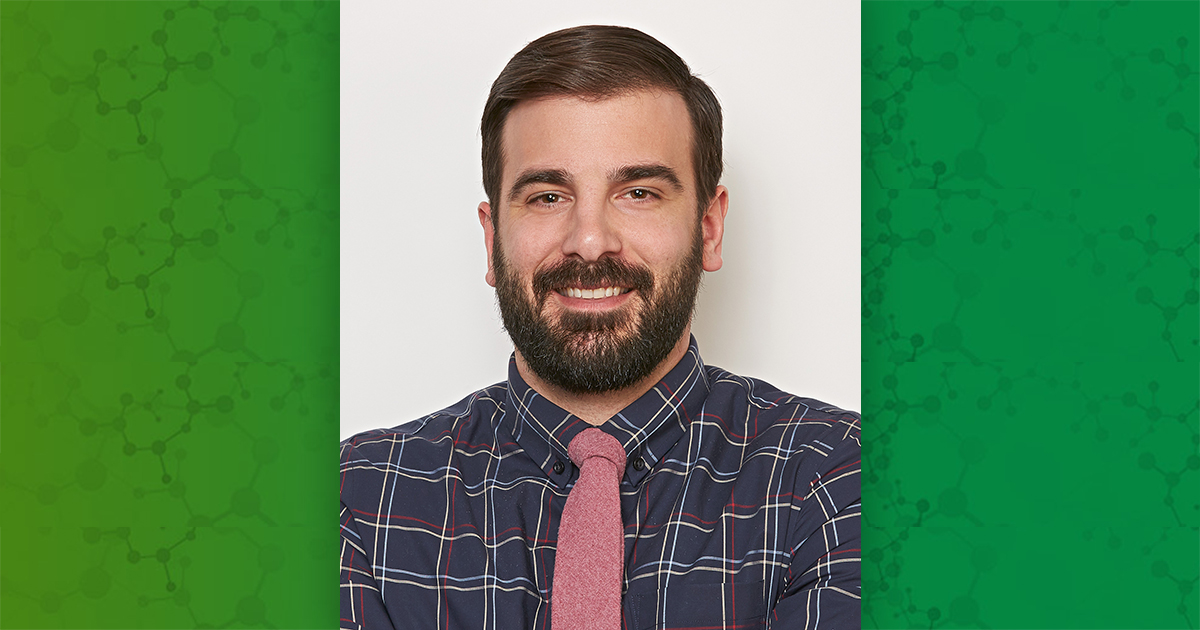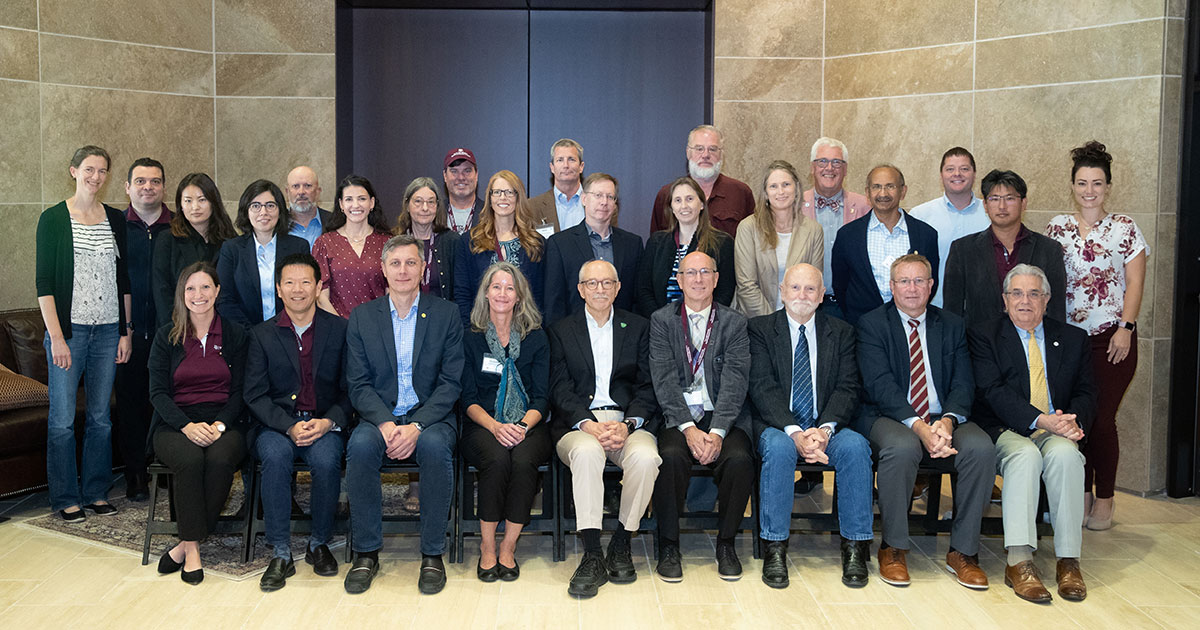Partnership Gives Voice to Community Concerns During City Flood Planning
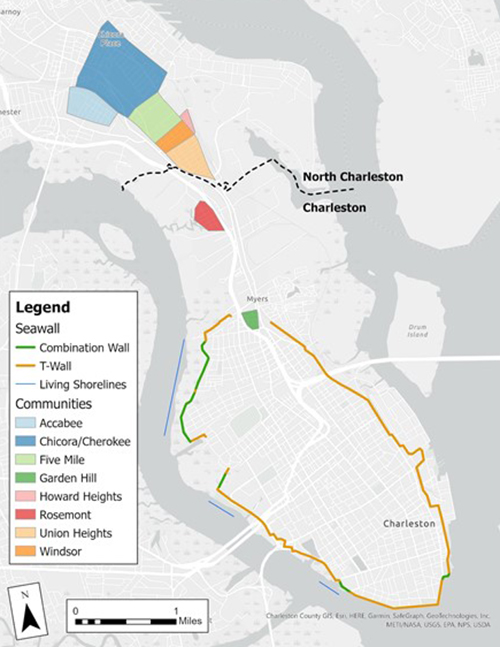
Community concerns were included in the planning process for a new seawall in Charleston, South Carolina, thanks to researchers at the College of Charleston and the University of South Carolina who partnered with the Lowcountry Alliance for Model Communities (LAMC) and the South Carolina Department of Health and Environmental Control. The seawall is intended to mitigate impacts of storm surge flooding. A September 2022 paper describes the collaborative work.
“Charleston may be the first major East Coast city to propose building a seawall to adapt to the effects of climate change,” stated Paul Sandifer, Ph.D., of the College of Charleston. “As other communities, and coastal communities in particular, look for solutions to address risk of flooding, decision-makers need to hear from all community members to ensure everyone’s concerns are addressed without disadvantaging anyone.”
Sandifer is a co-investigator of the NIEHS-funded Center for Oceans and Human Health and Climate Change Interactions, headquartered at the University of South Carolina, and an Environmental Protection Agency-funded Environmental Justice Strong study, which provides training centered on disaster preparation and recovery to people from environmental justice communities.
U.S. Army Corps of Engineers’ Flood Risk Assessment
Charleston is located on a coastal peninsula in an area aptly known as the “Lowcountry.” As climate change raises sea levels and makes storms more frequent, Charleston is prone to increased flooding. In 2019, the city set a record with 89 flood events, or about one flood every four days.
Responding to the city’s risk, the U.S. Army Corps of Engineers (USACE), in partnership with the City of Charleston, assessed flood risk and determined possible mitigation measures. As a result of the initial assessment, USACE released a report in 2020 that proposed building a seawall around most of Charleston. However, the seawall will not include Charleston Neck, an area to the north of Charleston.
Charleston Neck is home to eight majority Black communities with a high concentration of low-income and elderly residents. These communities already experience environmental burdens from two nearby Superfund sites and heavy highway traffic. Initial exclusion from the USACE’s flood wall plan was seen by some residents as a potential environmental injustice to their communities.
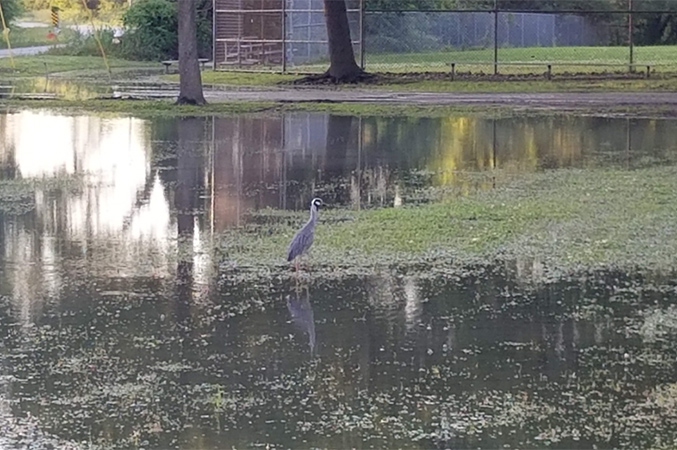
An example of flooding in Rosemont, a Charleston Neck community. (Photo courtesy of Paul Sandifer)
Supporting Charleston Neck as an Environmental Justice Community
USACE initially suggested that Charleston Neck was not at the same risk of flooding as the rest of Charleston because it is at a higher elevation. However, some of its communities had experienced flooding, and residents were concerned that the seawall might worsen the issue. Charleston Neck residents and LAMC engaged with the academic partners beginning in 2021 to document flooding in preparation for Charleston’s flood planning efforts. LAMC is an organization based in North Charleston that addresses the community’s environmental justice concerns and other issues such as affordable housing and economic development.
“Residents had to advocate for themselves to demonstrate that their community floods just like the rest of Charleston,” reflected Omar Muhammad, Executive Director of LAMC. “The academic partnership was a great help in this effort, and it built on advocacy work underway in Charleston Neck.”
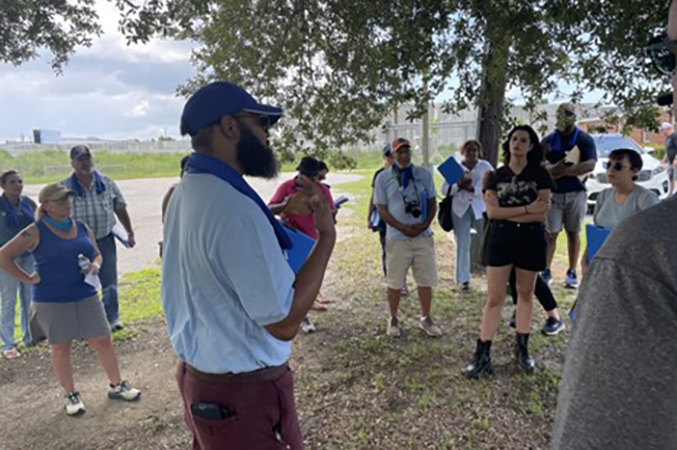
Omar Muhammad, Executive Director of LAMC, leading a workshop in the Rosemont community. (Photo courtesy of Paul Sandifer)
Facilitated by LAMC, the academic partners developed relationships with the Charleston Neck communities. Judith Taylor, a College of Charleston graduate student, led research by conducting interviews with open-ended questions, allowing residents to guide the conversation and provide input they found important; by participating in community meetings; and engaging in other activities. Taylor and the research team analyzed the conversations and grouped feedback into eight themes:
- Civic engagement
- Community connections
- Displacement
- Drainage
- Impacts of road infrastructure
- Increasing vulnerability
- Mistrust of government
- Sense of exclusion
Although the USACE study had not yet considered the Charleston Neck in its flood risk assessment when this study started in 2021, as the collaborative project moved forward, USACE expanded its risk assessment to include Charleston Neck. Recommendations for the area included flood mitigation actions such as raising homes that fall within Charleston city limits. But residents voiced concerns. For example, residents said that elevating homes could cause problems for the elderly who might struggle with access. They were also concerned the seawall might increase flooding in Charleston Neck and cause hazardous substances from nearby Superfund sites to enter communities.
Residents also expressed a strong sense of community and connection to landscape through activities such as fishing, accessing local parks, and engaging with others in the larger Charleston community. This feedback demonstrated the importance of the social and cultural aspects of the community and how these factors influence residents’ perceptions of risk.
Taylor presented the research results to community members at a public meeting to gather additional feedback from the community. Taylor developed a detailed story map of responses that was provided to the community along with other materials for future use.
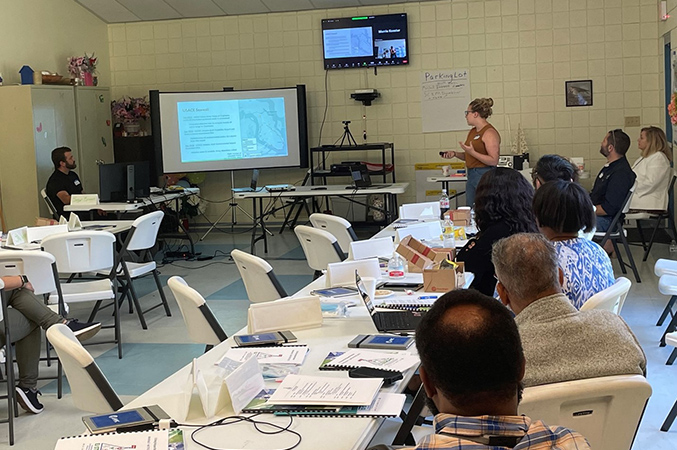
College of Charleston graduate student Judith Taylor speaking at an Environmental Justice Strong workshop in Rosemont, a Charleston Neck community. (Photo courtesy of Paul Sandifer)
“We were interested to see the wide range of concerns raised by the community, but importantly, we saw a strong sense of connection to the social-ecological fabric of Charleston,” stated Dwayne E. Porter, Ph.D., a co-investigator of this study at the University of South Carolina. “This demonstrates the cultural importance of including the Charleston Neck communities and their residents in climate mitigation efforts.”
Residents intend to use the study results in their ongoing advocacy efforts to ensure their voices are heard in Charleston’s flood adaptation planning. For the academic researchers, this project has led to future opportunities for collaboration through the ongoing and expanding relationships with LAMC and the Charleston Neck communities.
“As other cities develop plans to adapt to climate change, we believe our work will help demonstrate the importance of hearing from all community members,” added Sandifer. “It is critical to ensure no one is harmed or left out of adaptation initiatives while others are protected.”
NIH Leaders Address Threat of Climate Change to Health
The leaders of seven NIH institutes and centers published a commentary in The Lancet in November 2022 about NIH’s plan to address the risk to human health from climate change. Climate change contributes to the spread of infectious disease, exacerbates threats to human health for conditions such as respiratory and cardiovascular conditions, and increases the risks of extreme-weather-related health issues. In the commentary, the authors describe the NIH Climate Change and Health Strategic Framework, which provides guidance for biomedical and climate scientists to work together at the intersection of human health and climate. The framework, which was developed with input from the scientific community and other stakeholders, has four core elements: health effects research, health equity, training and capacity building, and intervention science. The framework is part of the NIH Climate Change and Health Initiative, an NIH-wide effort to reduce health threats from climate change and build health resilience.
New Per- and Polyfluoroalkyl Substances Resources and Continuing Medical Education Course for Medical Professionals
When people who were exposed to per- and polyfluoroalkyl substances (PFAS) seek medical advice, they often find that doctors are not familiar with the health effects of PFAS. New resources developed by an NIEHS-funded team intend to address that gap. The NIEHS Research to Action project, PFAS Research, Education, and Action for Community Health (REACH), aims to reduce exposures and health impacts of PFAS contamination through engagement, education, and research. In autumn 2022, the researchers launched a free continuing medical education course, which was initiated by and includes perspectives from the Nantucket PFAS Action Group. The researchers also created a clinician resources page, which has the video from the course and information about medical screening and guidance, scientific studies, and worker health and safety. The team published an editorial in December 2022 that further explains how the resources can promote screening and help address the health effects of PFAS exposure. The National Academies of Sciences, Engineering, and Medicine also published a report in July 2022 with guidance on PFAS exposure, testing, and clinical follow-up.
New Online Platform Unites Environmental Justice Efforts
The Science and Community Action Network launched in September 2022, allows public health workers to connect and share resources on environmental justice. The platform is meant to foster collaboration between scientists, advocates, and community members who are working to protect vulnerable communities and address environmental injustice. The platform’s resource library includes both peer-reviewed studies and non-academic studies, such as one conducted by an environmental group in Kansas which was used to inform officials’ plan to aid a neighborhood heavily burdened by pollution. The platform also has a membership map based on shared geography or interests and a discussion forum, which people can use to network further. The American Public Health Association wrote more about the platform in October.
Nominations Sought for White House Environmental Justice Advisory Council
The White House’s Council on Environmental Quality (CEQ) is requesting nominations to the White House Environmental Justice Advisory Council (WHEJAC). The WHEJAC advises the White House Environmental Justice Interagency Council and Chair of the CEQ on ways to enhance the federal government’s response to environmental injustices. Members of the public are invited to express their interest in serving in one of 15 open positions on the council. The CEQ is interested in candidates with expertise in:
To express interest, submit the interest form by January 15, 2023. Send the completed form by email to [email protected] with “WHEJAC Membership” in the subject line.
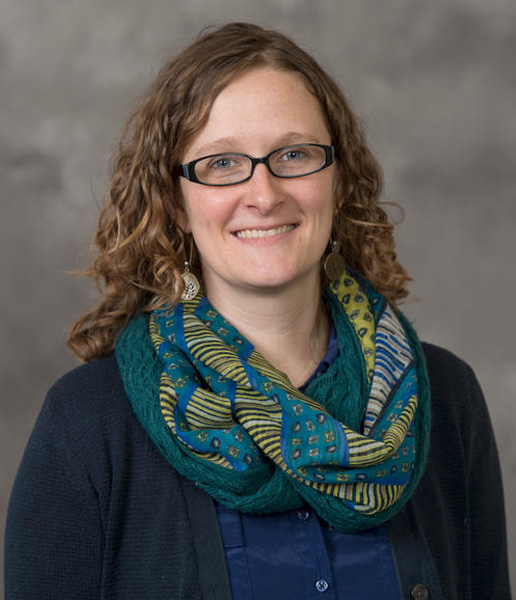
PEPH Grantee Highlight
Natalie Sampson, Ph.D.
Natalie Sampson, Ph.D., who researches social and environmental determinants of health, is passionate about how land use and infrastructure decisions affect public health. Many infrastructure decisions get made without community input and outside the sphere of public health. Sampson is bridging the gap between land use policymakers and communities by rethinking environmental decision-making. She leads the Community Engagement Core at the Michigan Center on Lifestage Environmental Exposures and Disease, which facilitates multi-directional interaction between researchers, policymakers, and communities. As part of her efforts to bring public health concerns into infrastructure planning, Sampson partnered with the Southwest Detroit Community Benefits Coalition to conduct a survey to understand community concerns related to a major bridge construction project. She also co-founded the Environmental Health Research-to-Action Youth Academy, which builds community capacity to address environmental racism. You can read more about the community engagement around the bridge project in Sustained Community Mobilization Leads to Neighborhood Benefits.
Funding Opportunities
PHS 2022-2 Omnibus Solicitation of the NIH, CDC, and FDA for Small Business Innovation Research Grant Applications (Parent SBIR [R43/R44] Clinical Trial Not Allowed)
Enables U.S. owned-and-operated small businesses to conduct research and development that has a strong potential for commercialization. This award and the associated PHS 2022-2 Omnibus Solicitation of the NIH and CDC for Small Business Innovation Research Grant Applications (Parent SBIR [R43/R44] Clinical Trial Required) provide funds for small businesses to stimulate technological innovation in the private sector and strengthen the role of small business in meeting federal research and development needs. The related Small Business Technology Transfer announcements [PHS 2022-2 Omnibus Solicitation of the NIH for Small Business Technology Transfer Grant Applications (Parent STTR [R41/R42] Clinical Trial Not Allowed) and PHS 2022-2 Omnibus Solicitation of the NIH for Small Business Technology Transfer Grant Applications (Parent STTR [R41/R42] Clinical Trial Required)] aim to foster technology transfer through cooperative research and development between small businesses and research institutions.
Deadlines: January 5, 2023; April 5, 2023
Notice of Special Interest (NOSI): Administrative Supplements for Research on Sex And/Or Gender Influences (Admin Supp Clinical Trial Optional)
Supports research highlighting the impact of sex and/or gender influences in human health and illness. The proposed research must address at least one objective from the five strategic goals of the 2019-2023 Trans-NIH Strategic Plan for Women's Health Research. A broad range of research topics studied at the basic, pre-clinical, translational, and clinical levels that address the role of sex and/or gender in health and disease are encouraged. Studies that explore sex or gender influences or the intersection of sex and gender are also encouraged.
Deadlines: January 26, 2022; January 26, 2023
Notice of Special Interest (NOSI): Research on the Health of Women of Understudied, Underrepresented and Underreported (U3) Populations (Admin Supp Clinical Trial Optional)
Supports projects highlighting common sources of disparities in women and girls’ health with a specific emphasis on those that integrate measures beyond the individual level and consider perspectives from multiple disciplines. A broad range of research topics studied at the preclinical, clinical, behavioral, and translational levels are encouraged. Proposals incorporating multilevel interventions, using community-engaged approaches, and focusing on one or more NIH-designated health disparities populations are also desired.
Deadline: January 31, 2022
Mechanism for Time-Sensitive Research Opportunities in Environmental Health Sciences (R21 Clinical Trial Not Allowed)
This funding opportunity announcement (FOA) has been extended (NOT-ES-22-013). This FOA is intended to support novel environmental health research in which an unpredictable event or policy change provides a limited window of opportunity to collect human biological samples or environmental exposure data. The primary motivation of the FOA is to understand the consequences of natural and human-made disasters, emerging environmental public health threats, and policy changes in the U.S. and abroad. The distinguishing features of an appropriate study are 1) the unforeseen nature of the event, 2) the clear scientific value and feasibility of the study and 3) the need for rapid review and funding, substantially shorter than the typical NIH grant review/award cycle, for the scientific question to be approached and for the research design to be implemented. It should be clear that the event offers a limited opportunity to address unique and important research questions that could only be answered if the project is initiated with minimum delay. Investigators should describe their capacity to begin the project upon award.
Deadlines: November 10, 2022; December 1, 2022; January 3, 2023; February 1, 2023
Accelerating the Pace of Child Health Research Using Existing Data From the Adolescent Brain Cognitive Development (ABCD) Study (R01-clinical Trial Not Allowed)
Supports activities proposing to conduct analyses of existing ABCD Study data to accelerate the pace of research on child health and development, including: cross-sectional and/or longitudinal analyses; development of new or advanced statistical methods; and/or integration of ABCD data with other existing datasets that share common data elements. NIEHS is interested in applications that will use ABCD data resources to examine the contribution of environmental exposures on brain and development and to identify sensitive time windows of development that may confer individual susceptibility and also to identify protective factors that may mitigate environmental-induced changes. An R21 funding opportunity is also open.
Deadlines: June 5, 2022; October 5, 2022; February 5, 2023
Research to Action: Assessing and Addressing Community Exposures to Environmental Contaminants (R01 Clinical Trial Optional)
Encourages multidisciplinary projects to investigate the potential health risks of environmental exposures of concern to a community and to implement an environmental public health action plan based on research findings. Projects supported under this program are expected to employ community-engaged research methods to not only conduct research but also to seamlessly translate research findings into public health action. Check out the Research to Action Currently Funded Grantees webpage for a sense of the types of projects supported through this FOA.
Deadline: January 21, 2020
Notice of Special Interest (NOSI): Administrative Supplement for Research and Capacity Building Efforts Related to Bioethical Issues (Admin Supp Clinical Trial Optional)
Supports 1) research on bioethical issues to develop or support the development of an evidence base that may inform future policy directions, and/or 2) certain efforts to develop or augment bioethics research capacity. Applicants may propose to supplement parent awards focused on bioethics or to address a component related to bioethics in a biomedical research study. Note that applications must be within the general scope of the parent award. Areas of interest include but are not limited to issues related to the inclusion of Tribal members and American Indian/Alaska Native populations in biomedical research, issues related to health disparities and health inequity, and post-study obligations such as accessing and sharing benefits of research. NIEHS is interested in bioethics applications that address topics relevant to its mission and research priorities as provided in its strategic plan. Applications for this funding opportunity occur through Administrative Supplements to Existing NIH Grants and Cooperative Agreements (Parent Admin Supp Clinical Trial Optional).
Deadline: March 17, 2022
Notice of Special Interest (NOSI): Administrative Supplements to Recognize Excellence in Diversity, Equity, Inclusion, and Accessibility (DEIA) Mentorship
Supports administrative supplements to existing awards of scientists who are outstanding mentors and who have demonstrated compelling commitments and contributions to enhancing diversity, equity, inclusion, and accessibility in the biomedical sciences. Excellent mentorship and superior training are critical to the development of exceptional future scientists. This administrative supplement recognizes the crucial role great mentors play in the development of future leaders in the scientific research enterprise. As administrative supplements, the work proposed needs to be within the scope of the research or training that is already supported. The award must have a component related to mentoring. Examples include but are not limited to: a research education program that describes mentored research experiences, a career development section, a plan to enhance diverse perspectives, or a discrete objective related to mentoring.
Deadline: April 7, 2022
Implementation Research on Noncommunicable Disease Risk Factors among Low- and Middle-Income Country and Tribal Populations Living in City Environments (R01 Clinical Trial Optional)
Supports applications that propose implementation research to reduce the risks of noncommunicable diseases in the context of cities in low- and middle-income countries and/or among American Indian/Alaska Native populations in US cities, with the potential to equip policymakers and practitioners with evidence-based strategies for prevention and/or management of noncommunicable diseases among disadvantaged populations globally. NIEHS is interested in applications that are within scope of our 2018-2023 Strategic Plan, and focus on implementation research in partnership with LMIC and AI/AN populations that addresses environmental noncommunicable disease risk factors (e.g., air pollution, disaster risks attributed to climate change, etc.) in one or more city/ies. Specific areas of interest to NIEHS include, but are not limited to: implementation research focused on the uptake, scale-up and spread of multi-level and/or multi-sectoral interventions to reduce noncommunicable disease risks attributed to physical and built environmental exposures in cities; implementation research focused on how to improve the adaptive capacity of cities in the face of climate change and climate change related disasters; and implementation of interventions to reduce environmental NCD risks that consider social and structural social determinants of health.
Deadline: March 9, 2023
Environmental Health Sciences Core Centers (EHSCC) (P30 Clinical Trial Optional)
Invites grant applications for Environmental Health Sciences Core Centers (EHS CC). As intellectual hubs for environmental health science research, the EHS CC is expected to be the thought leaders for the field and advance the goals of the NIEHS Strategic Plan. The Core Centers provide critical research infrastructure, shared facilities, services and/or resources, to groups of investigators conducting environmental health sciences research. The structure of the Center should facilitate multi-directional interaction with communities and EHS CC members through the required Community Engagement Core (CEC). In addition, EHS Cores are expected to attract established and promising investigators into environmental health research and provide opportunities for career enhancement. Finally, this FOA requires a Plan for Enhancing Diverse Perspectives as part of the application. NIEHS will hold an informational webinar/Q&A session Friday January 20, 2023, from 1:00 – 3:00 p.m. EDT. Registration is available.
Deadline: April 19, 2023
Notice of Intent to Publish a Funding Opportunity Announcement for Reporting Back Environmental Health and Non-Genomic Research Results
NIEHS, in partnership with the NIH Office of Science Policy (OSP) and the All of Us Research Program, intends to publish a FOA for applications that identify, develop, and test strategies for reporting back environmental health and non-genomic research results to study participants and/or key partners. Applications will be sought that advance the field of reporting back of research results (RBRR) for environmental health and non-genomic research results to help establish best practices/guidelines through research and evaluation; improve understanding of perceived risks and benefits, challenges, and obstacles to inform the practice of RBRR; and better understand how RBRR can help improve health equity and reduce health disparities. Potential applicants are highly encouraged to contact Liam O'Fallon at NIEHS. The estimated date of publication of this FOA is April 3, 2023.
Deadline: June 5, 2023




